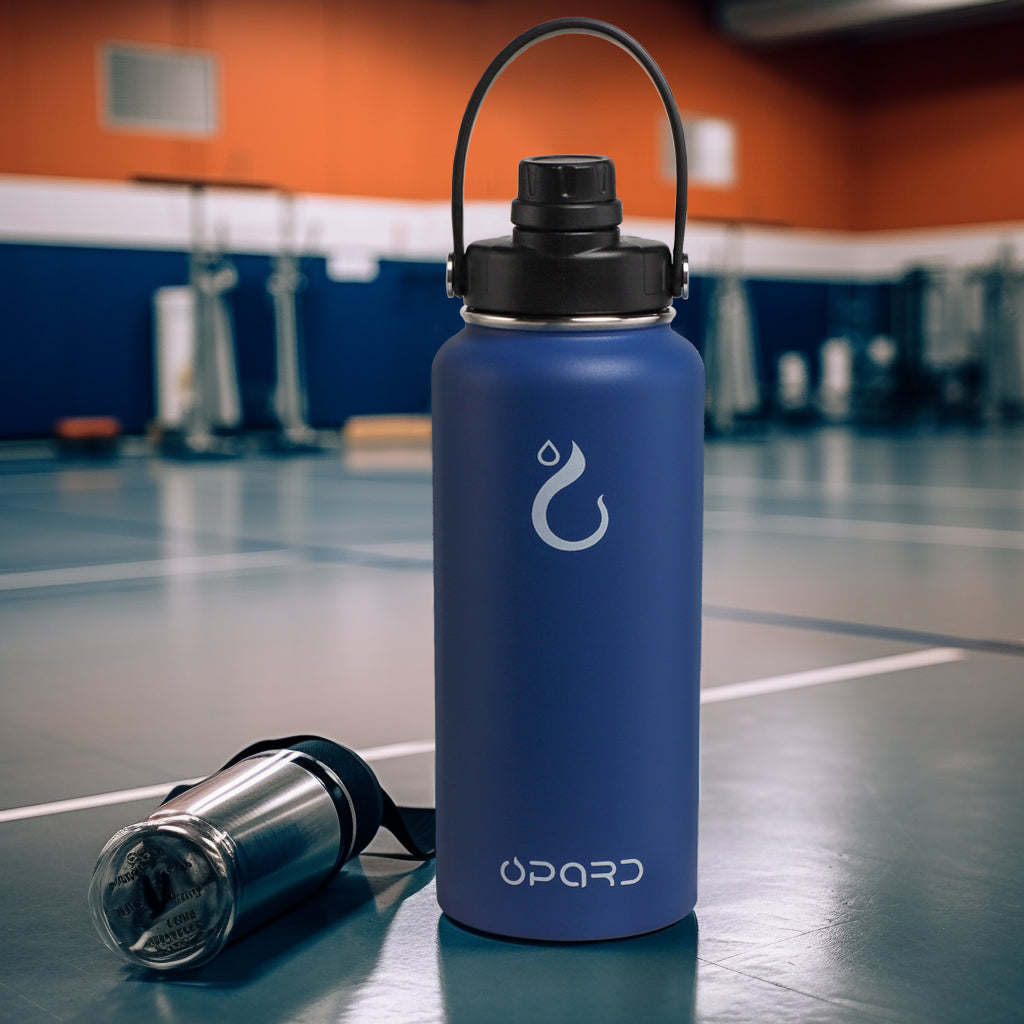Drinking warm water, which refers to boiled water cooled to around 25°C, offers additional benefits. This type of water exhibits 4-5 times higher biological activity compared to natural water. Warm boiled water can aid in improving immunity, relieving fatigue, maintaining skin hydration, and promoting an overall sense of well-being.
To nourish the stomach, it is advisable to drink water approximately 30 minutes before meals. This timing allows for proper absorption, as it takes roughly 21 minutes for water to reach every cell in the body from the mouth. Consuming a glass of water before a meal stimulates the secretion of digestive juices, aiding in digestion and absorption without diluting gastric juices. Additionally, it helps regulate appetite, adjust the body's inorganic salt concentration, and alleviate post-meal thirst caused by excessive salt intake.

It is essential to replenish water after exercise, as the body easily becomes dehydrated during physical activity. It is not recommended to wait until feeling thirsty, as thirst is a sign that the body has already lost approximately 2% of its weight in water. To replenish, consume 250-500ml of water immediately after exercise. During exercise, it is advisable to replenish 120-240ml every 15-20 minutes. After completing the exercise, it is recommended to replenish 1 liter of water for every 1 kilogram of weight lost during the session. Rehydrating in smaller amounts but more frequently allows for faster water absorption, quenches thirst effectively, and relieves dehydration.

When drinking water, it is best to take small sips and consume it slowly. Drinking too quickly can lead to swallowing excess air, potentially causing hiccups or bloating, especially for individuals with sensitive stomachs. Having a glass of water readily available during class or office hours can serve as a reminder to drink regularly.
It is important to note that beverages cannot replace water as a primary source of hydration. Regular consumption of functional drinks, which often contain high sugar content, calories, and stimulating substances, is not recommended. Sugar-sweetened drinks can actually increase the body's demand for water, as the breakdown of excess sugar requires additional water consumption. It is crucial to understand that drinking plenty of water is essential for speeding up metabolism and promoting overall health.
In conclusion, by adopting the correct method of drinking water—consistently and in moderate amounts—we can ensure a healthier body and improved well-being.

